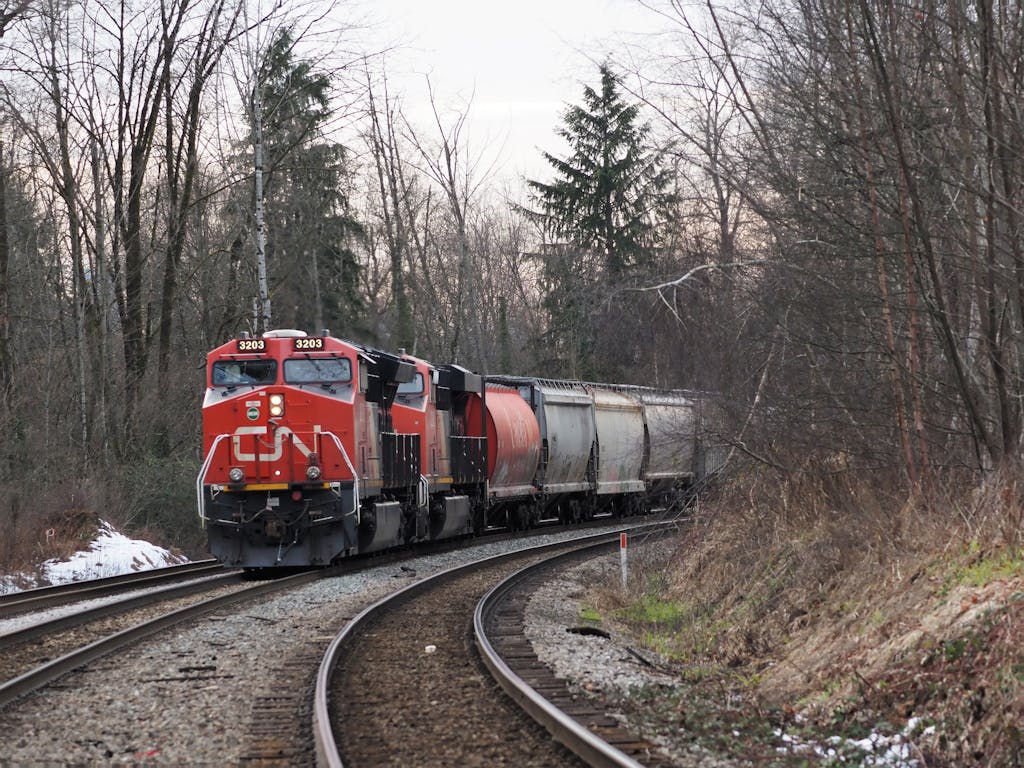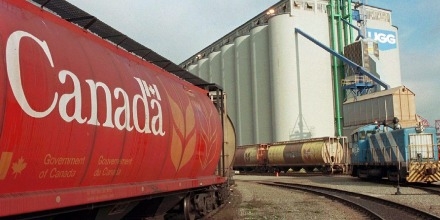REGINA – The Provincial Auditor of Saskatchewan has issued her 2024 Report, Volume 2, which has been tabled in the Legislative Assembly.
The full report from Provincial Auditor Tara Clemett has annual integrated audits of 175 different agencies, including integrated audits of 17 ministries, 33 Crown corporations and agencies, seven pension and employee benefit plans, and 35 healthcare affiliates.
But some of the audits are of more news interest than others. Here is a look at four of those particularly newsworthy highlights in the 2024 report.
Social Services procuring hotel rooms
The Provincial Auditor looked into the design and implementation of the Ministry’s processes up to July 31, 2024, for procuring hotel rooms for when income assistance or child and family programs’ clients require hotel stays. According to the Provincial Auditor’s report, the Ministry’s processes did not specifically consider best value when procuring appropriate hotel rooms for its client prior to March 2024, increasing the risk of the Ministry not spending public resources wisely. The Provincial Auditor noted the Ministry spent over $3.5 million on hotels for clients in 2023–24.
“Since March 2024, Social Services began two hotel pilot projects, including obtaining three quotes when procuring hotel rooms, as well as contracting two hotels, one in Saskatoon and one in Regina, to secure a block of hotel rooms at fixed rates for the next year,” Clemett said at her news conference Tuesday.
She said Social Services needs to “centrally collect reliable data related to these two pilots, so it can conduct a robust evaluation and determine whether these pilots resulted in efficiency improvements.
“It also needs to demonstrate whether it considered best value when procuring hotel rooms for its child and family program clients by documenting reasons for hotel room selections in its case management system. We found instances where Ministry staff may not have selected the hotel with the lowest nightly rate, and did not document why not.”
Clemett also said Social Services needs to publicly disclose payments made to vendors like hotels, on behalf of its clients to increase transparency.
“Making this information readily available will allow the public to better hold the government and public sector officials accountable for the use of public sector funds.”
Foreign ownership of Saskatchewan farmland
One of the performance audits had to do with the Farmland Security Board’s processes to regulate foreign ownership of Saskatchewan farmland — in particular regarding the rules restricting the amount of Saskatchewan farmland that non-Canadian entities, individuals and corporations can own or lease.
Clemett noted the Board utilizes about six Ministry of Agriculture staff to support its activities, and noted about 40,000 farmland transactions occur each year in Saskatchewan.
“We found there may be instances of farmland purchased or leased by foreign entities and not addressed by the Farmland Security Board,” Clemett said.
“We found the Board did not request statutory ownership declarations for nine of 18 farmland transactions we tested where the purchases were made by corporations not registered in Saskatchewan. Consistently obtaining timely proof of residency and ownership declarations from high-risk farmland purchasers is critical for the Farmland Security Board to appropriately assess whether the purchasers comply with foreign farmland ownership rules and take action. Further, the board needs to determine how quickly should staff assess farmland transactions.”
She noted that as of August 2024, staff reviewed transactions about five months after they occurred.
“Not reviewing farmland transactions timely delays identifying potential non-compliance and taking enforcement action. We also found the board does not have escalation procedures that outline when staff should take further action like fines or penalties.”
Clemett also said they identified eight instances where escalation procedures could be used when ownership declarations are requested and not received.
“Without these ownership declarations, the board cannot conclude whether these eight farmland transactions complied with the law or foreign entities purchased the land.”
Their recommendation was for the board to set escalation procedures for continued non-compliance, and inform foreign entities to sell farmland timely. They also recommend the board “needs to work with the Ministry of Agriculture to determine how to effectively regulate farmland leases. As no central tracking of lease transactions currently exists, which reduces the board’s ability to effectively enforce farmland lease restrictions.”
SPSA’s 911 call-taking and dispatching
Another performance audit focused on Saskatchewan Public Safety Agency’s 911 call-taking and dispatching processes for fire emergencies, particularly focused on the Provincial Emergency Communications Centre, also known as the PECC, located in Prince Albert.
It was noted SPSA uses a service provider, CanOps, who were paid $13.7 million in 2023-24. To operate the PECC.
“We found the agency has not set formal expectations for how quickly should 911 fire calls be taken and dispatched by CanOps to fire departments, and therefore does not monitor the timeliness of these services,” Clemett said. “Our testing of 30 calls found 77 per cent of 911 fire calls took more than 90 seconds to be taken and dispatched, with one taking over five minutes.
“Good practice suggests 60 seconds. CanOps strives for 90 seconds for taking and dispatching 911 fire calls. Dispatching fire departments to a fire emergency quickly makes for both a safer and more effective response, and should be something that the agency is monitoring so that it can address deficiencies.”
The auditor also found the agency “has to improve is needing to expand its IT security requirements and better monitor the availability of its 911 systems and data, including periodically testing disaster recovery plans.” She said they found that the current agreement between the agency and CanOps “has significant deficiencies related to IT security requirements.”
They also found 32 instances where CanOps staff had expired certifications. They point to the agency needing to enhance its financial oversight of its service providers’ budget and spending.
Saskatchewan Housing units in Regina
A third performance audit highlighted by Clemett was in regard to Saskatchewan Housing Corporation’s processes to plan for social housing units for Regina. The corporation owns about 3,000 social housing units in Regina as of June 2024, managed by the Regina Housing Authority managed.
Clemett said the corporation “needs to assess social housing applicant data and implement plans to help reduce the number of vacant units in Regina.” She said as of May 2024, the corporation “had 534 vacant social housing units in Regina, most needing repairs, compared to 404 households waiting for social housing units.”
The auditor also estimates $1.2 million in ongoing annual costs to hold chronically vacant units in Regina. The mix of social housing units in Regina has remained relatively unchanged since 2016, with about 51 per cent designated for seniors and 49 per cent designated for families and single persons, compared to the current demand of 25 per cent and 75 per cent, respectively.
“We found demand for family and single person social housing units significantly exceeded available units. This indicates the Corporation may want to repurpose seniors units to meet the demands of families and single persons. The Corporation had over 300 family single approved applicants in Regina, but only had 56 units available at May 2024.”
Clemett also said they identified 108 single individuals in Regina residing in two bedroom social housing units “when a one bedroom unit may suffice to be available. The corporation should periodically analyze data to identify and respond to possibly overhoused social housing tenants.”
Clemett also noted they found the building conditions of the corporation’s housing portfolio in Regina is currently classified as poor overall.
“Although it has set a target to reduce the units classified as critical or poor, the corporation is neither identified by how much, or has yet to start analyzing or reporting on its target. Improved processes will help reduce the social housing vacancy rate in Regina and meet core housing needs. Effective processes to plan for social housing units can also help people for future success and enable them to better their lives.”



